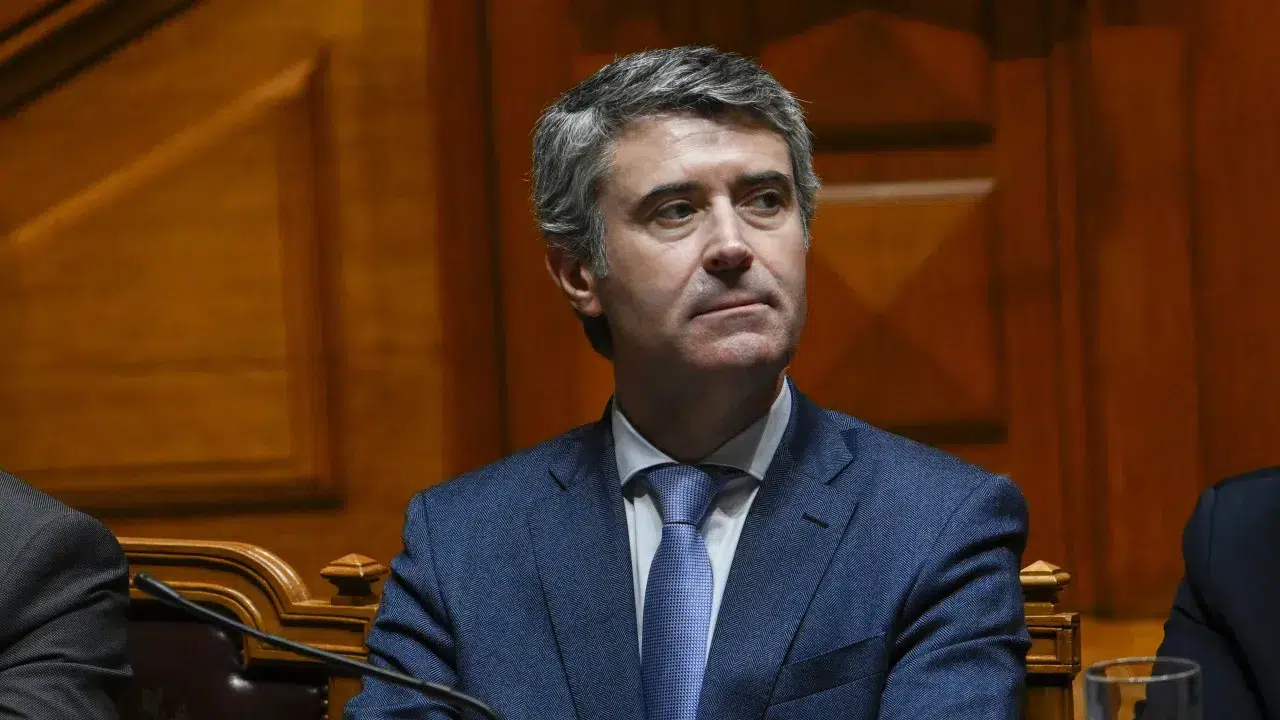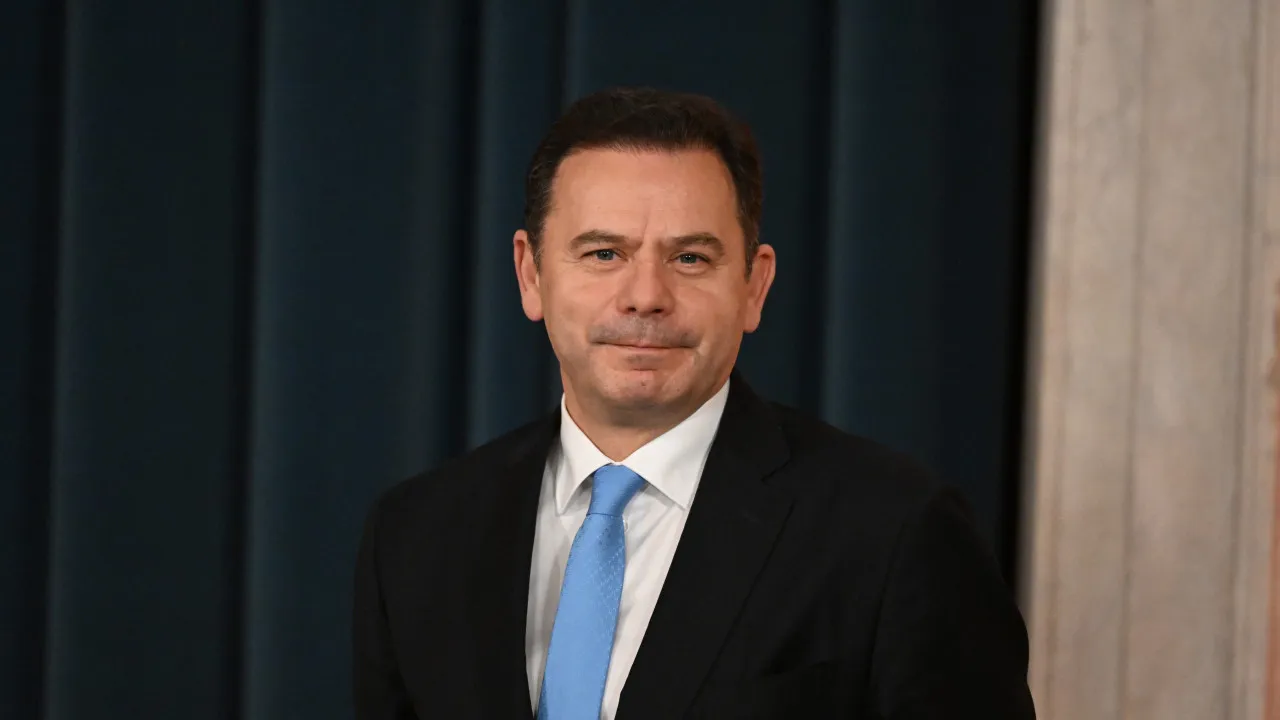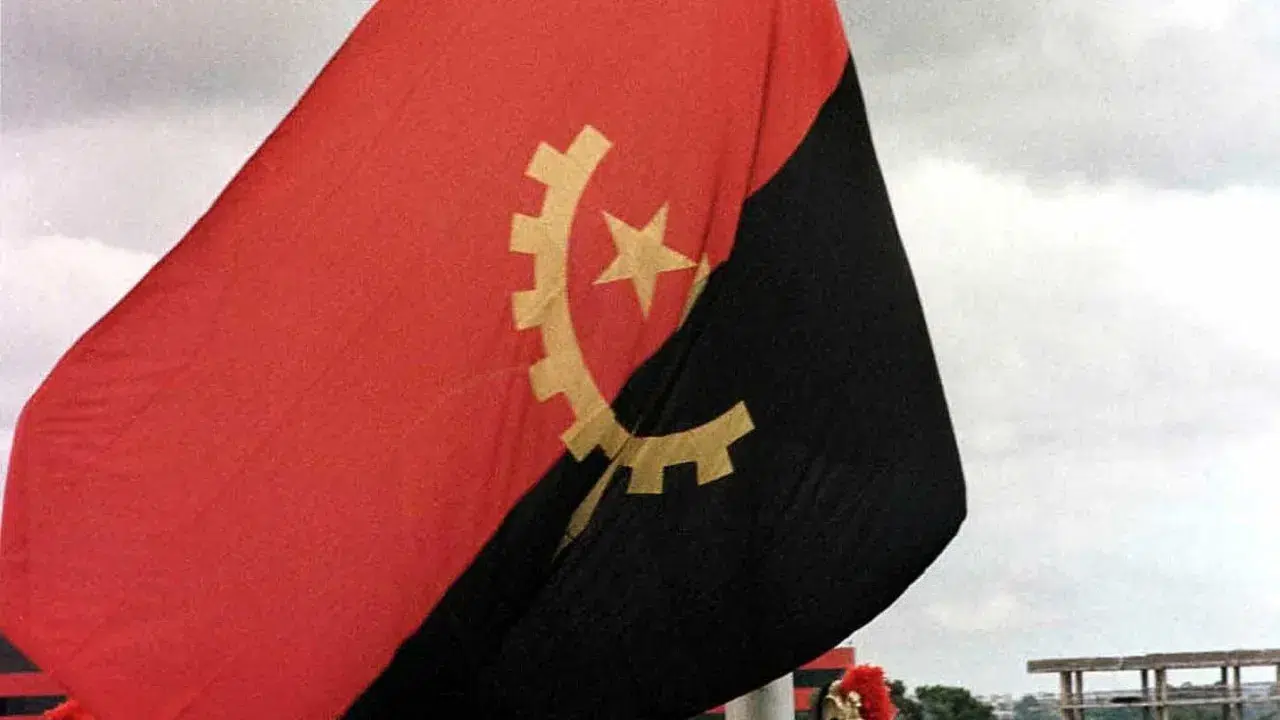The leaders of the BE and PAN today left open a “door of dialog”, both in parliament and outside, for convergence and dialog in an opposition to the future right-wing government to prevent “social setbacks”.
The meeting between the BE and PAN parties was the first in a round requested by the Bloc to all the left-wing and environmentalist parties following the legislative elections on March 10. At the end of the hour-long meeting, Mariana Mortágua, from the BE, spoke to journalists, followed by Inês de Sousa Real, from the PAN.
“This is the first time that the Left Bloc and the PAN have met and this first meeting opens a bridge, a door to dialog. There is an agreement between these two parties so that there is a convergence and capacity for dialog in the opposition, a convergence on essential issues,” she said.
According to Mortágua, the parties “took stock of the worrying growth of the extreme right and the shift to the right in the country” and agreed that from today onwards “an open door for dialogue” will be maintained, both in Parliament and outside, between the two political forces.
“That the parties on the left, that the environmental parties that share agendas of social rights, equality and equality between men and women have these bridges of dialogue, these convergences capable of guaranteeing that there are no social setbacks, capable of guaranteeing that there are issues in the opposition where there is convergence, dialogue and coordination of actions and that there is a field for alternatives and alternatives in which there are points that the PAN and the Left Bloc share,” emphasized the BE coordinator.
In the same vein, PAN’s spokesperson, Inês de Sousa Real, “made herself available for this dialog from the very first moment”.
“It was clear from this meeting that there is a convergence to ensure that acquired rights are not used as a bargaining chip and that matters of such concern, which we have worked on in previous legislatures, such as medically assisted death, that there is no regression in matters of women’s human rights, such as voluntary termination of pregnancy, or even in matters such as animal welfare or environmental protection and the fight against climate change,” he said.
For Inês de Sousa Real, “these bridges of dialogue” are important in order to guarantee “that the majority that has been formed on the right, and in particular also by joining hands with the extreme right, as is the case with Chega, does not call into question these acquired rights”.
“And that, somehow, they are not used as a bargaining chip in what may be Luís Montenegro’s governance and in his attempt to somehow be able to guarantee that stability of government,” he said.







